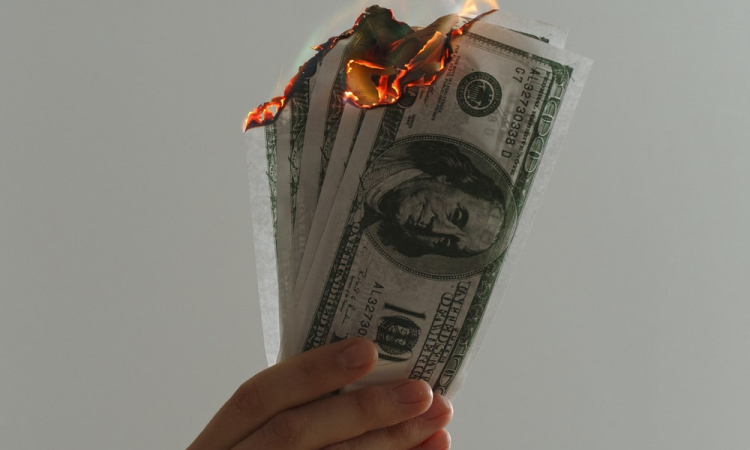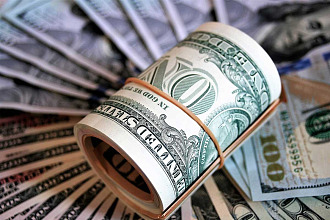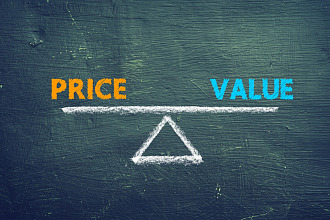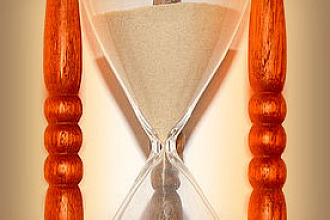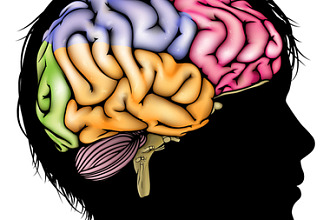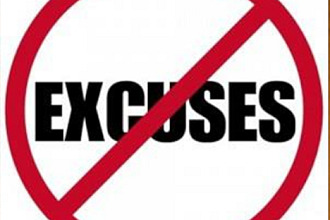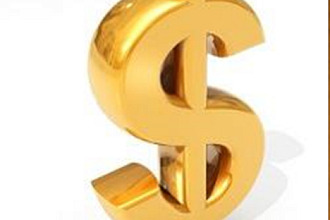We need to understand our relationship with money and buying habits to discover any hidden issues that may need improvement.
It is very important to consider how much emotional baggage comes into play in determining the likelihood of us struggling with our budget. I wasn’t always aware of how much of my poor money decisions were rooted in one fundamental problem - fear. This was very easily overlooked but very bad to do so.
Growing up I didn’t have a lot of things. I still don’t, but I was always pressured by my mother to save the things I did have, even if they weren’t in the best condition, for later and she would often buy things in mass when it was deemed affordable, even if it wasn’t really financially practical at the time so we would have it later. It is not bad to not want to get rid of things that can still be used. And if it is reasonably doable at the time it is not a bad decision make an investment by purchasing something in bulk in the present while it is on sale to avoid paying more money for it in the long term if and only if it is something you really need. But when things are taken to extremes and reason is replaced with emotion you end up hurting yourself both in the long and short term.
I think my mother tried to buy good things, but I also think a lot of what I grew up seeing as normal spending habits was emotional spending, lots of things were bought that we didn’t need during sales - so we could have it in the future - to the neglect of other financial concerns that did need to be addressed at the present. So lots of things kept piling up that were not used and instead of keeping things resulting in saving money for the future, that didn’t really happen as it could. I am not saying this to encourage blaming personal spending habits on someone else, but to have an awareness what your influences were in your approach to money and possessions so you can critically evaluate how much of it you adopted into your own spending habits, how helpful or harmful it was, and what good points to keep and what less good parts can be disregarded or adjusted to be better.
Upon reflection I noticed one of the main reasons I purchased things in amounts I didn’t really need was because I feared I would have to go without in the future, instead of objectively evaluating what I currently had and asking if I actually needed anything else or if I simply wanted it, and regardless of why I desired it if I can really afford to buy at the time. Instead of calmly thinking about things I would feel a pressing urge to buy an item that caught my eye right away if it seemed more affordable than usual because I feared I wouldn’t be able to afford it otherwise it if I did “need” it later - which I rarely did - instead of asking if I could even afford it now. I gave into my feelings of false urgency and didn’t give myself time to really consider buying something or not. I would by things more out of anxiety than thought.
While it isn’t a bad idea to spend a little bit more now when an essential item you depend on regularly is more affordable than normal on occasion when you can afford to do so, it is not good to buy an excess of even good things or just nice things that are not needs when it is not necessary on a regular basis whenever a low price catches your eye, because you are not saving money that way or helping your future. Instead you are actually putting it at risk by spending on a bunch of stuff you don’t need when the money would be better invested in savings for energies or retirement.
When we start to think about why we relate to money and spending the way we do it is easier to accurately evaluate if the reasons are valid or not and make adjustments. We have to take ownership of our thinking process and purposely challenge ourselves to do better and as a result better manage what God has given us. “Be sure you know the condition of your flocks, give careful attention to your herds; for riches do not endure forever, and a crown is not secure for all generations.” Proverbs 27:23-24

